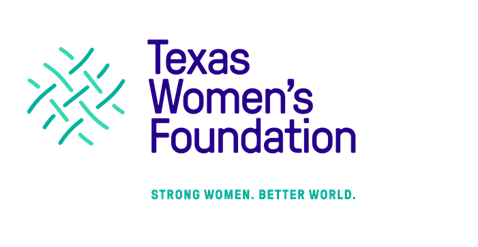By Frances Deviney
March 28, 2017
http://www.mystatesman.com/news/opinion/commentary-can-honor-today-women-through-common-sense-policies/CvDEa9UfkUJuv4PVboC4IL/
My mother was smart, compassionate and unfailingly giving. Though I don’t believe I will ever be able to equal her in spirit, I am forever grateful for the lessons she gave me and my sisters, which I am now passing on to my daughter. She taught us the vital role we all play in improving the lives of the people we love and the communities we live in. It is my memory of her that makes the 30th anniversary of National Women’s History Month so inspiring for me.
 But honoring women shouldn’t just be about the past — and certainly not for one month only. Truly honoring women means respecting and lifting up the women of today — those who carry on the teachings of our mothers, grandmothers and other heroines — in both our rhetoric and our public policies.
But honoring women shouldn’t just be about the past — and certainly not for one month only. Truly honoring women means respecting and lifting up the women of today — those who carry on the teachings of our mothers, grandmothers and other heroines — in both our rhetoric and our public policies.
For real change, we must understand the current conditions of economic security for women. The Dallas Women’s Foundation recently published a series of reports on Economic Security for Women in Texas, which outline four building blocks that are essential for achieving economic security: education as a pathway to economic security; child care as a critical work support for families; health insurance as a financial shield against the unexpected; and housing as the anchor of economic security.
All four elements work together to support financially strong women, girls and families.
Today, over 60 percent of Texas families rely either wholly or substantially on women’s income. This shouldn’t be surprising; it’s been increasingly difficult for families to make ends meet in Texas without a two-income household.
Unfortunately, even though women are integral to family economic security, they are also more likely to live in poverty than men, which weakens their family’s financial security in the short- and long-term.
There are many barriers to women achieving economic stability with these building blocks. Even with the same level of education and years of experience, women earn less money than men for the same job. This sad fact is true across a wide range of industries — even female-dominated ones like nursing.
Although younger women are more likely to secure a higher-education degree or training credential than young men, they get out of college with the same amount of debt as men. But women usually earn lower wages than men, which can limit or postpone their ability to save, buy a home or invest.
Women are also more likely to work in low-wage industries that do not offer benefits like health insurance. In Texas, 2.2 million women and girls are effectively left out of the health care system because they do not have health insurance, mostly due to high costs. And with average child care costs rivaling a year of college tuition, quality child care is financially out of reach for many women, leading to employment gaps.
We can improve economic security for women through good public policy. The federal government can protect Medicaid funding to ensure that the 50 percent of births that are covered by Medicaid in Texas remain protected — and that children are receiving the care they need. State leaders can stop their attacks on women’s access to health care and allow grandparents — usually grandmothers — to receive support when they take in their grandchildren to avoid putting them in the foster care system.
I look forward to celebrating the social, economic, cultural and political changes that my daughter’s generation of strong women will make in the world. But without making changes for women today, the barriers will only become more entrenched.
Let’s celebrate this Women’s History Month with both optimism and action by asking our public officials to make common-sense choices for Texas women.
Deviney is the associate director of the Center for Public Policy Priorities in Austin.
